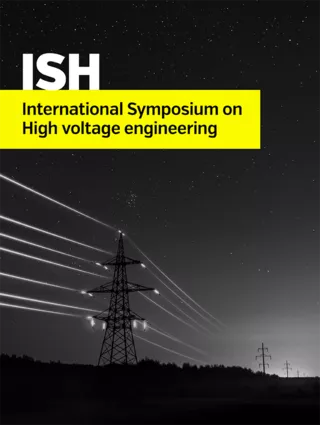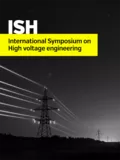Summary
Polymeric insulators and specifically silicone rubber (SiR) micro-composites, are gradually replacing the traditional glass and porcelain insulators as the preferred insulation material for outdoor applications. Often researchers use a modified version of the widely used AC inclined plane test to evaluate the tracking and erosion resistance of DC polymeric insulators. The results obtained from these modified tests thus far have not been conclusive and show various inconsistencies. An intravenous (IV) drip system is used to supply the liquid contaminant to the samples. The results of 4.5 kV positive DC and AC show that the DC arcs are more consistent and more energy intensive, whereas the AC arcs are intermittent and concentrated near the ground electrode. In addition, the magnitude of the leakage current (LC) during the AC test did not show any correlation with the degree of damage in terms of tracking.
Additional informations
| Publication type | ISH Collection |
|---|---|
| Reference | ISH2015_368 |
| Publication year | |
| Publisher | ISH |
| File size | 669 KB |
| Price for non member | Free |
| Price for member | Free |
Authors
Kaaiye Sharif Faarah, Nyamupangedengu Cuthbert, Jandrell Ian Robert




